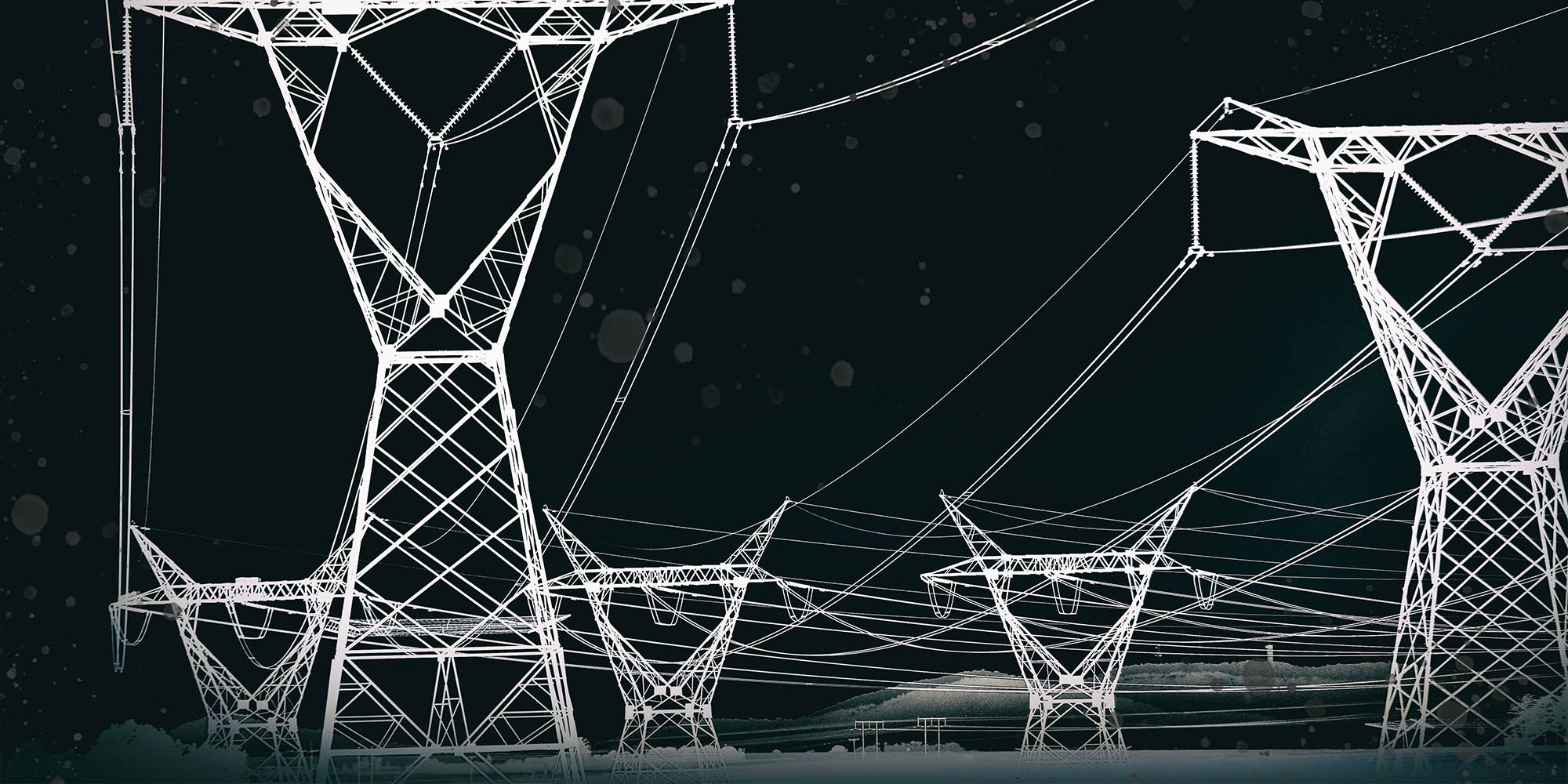The National Energy Regulator of South Africa’s (Nersa) approval of an 18.65% tariff increase for Eskom has resulted in significant backlash from organisational bodies across South Africa. The tariff increase is for the 2023/24 financial year. It is above the current inflation rate of 7.4%.
The announcement, coupled with Stage 6 blackouts, has compounded public outrage. The increase will be effective from 1 April for standard tariff customers.
Public outcry
“South Africans have been feeling the rising cost of living for some time, and now, more South Africans will be forced to make trade-offs between their food security and energy needs,” said Nhlanhla Sibisi, Greenpeace Africa climate and energy campaigner, in a statement.
“It is unthinkable that South Africans are expected to incur a greater cost while receiving less electricity, considering we are in the longest extended period of load shedding in its history,” said Sibisi. He called for the transition to renewable energy in light of the electricity challenges South Africa has faced.
“OUTA is outraged at government’s failure to help South Africans to weather this storm,” said Liz McDaid, parliamentary and energy advisor for the Organisation Undoing Tax Abuse’s (OUTA), in a statement. The failure of government to fast-track the Independent Power Producers Procurement Programme means that excessive diesel is being consumed by Eskom because of a reliance on open-cycle gas turbines, according to McDaid.
One of the ways to combat this current energy crisis is to effectively address the corruption that adds to the breakdowns occurring at coal power stations, said McDaid. Eskom is also being pushed to improve its energy availability factor to above 65% to meet Nersa’s conditions, said the OUTA statement.
“We also need a forward-looking energy minister who sees the value of renewable energy and fast-tracks its implementation to get affordable energy onto the grid,” said McDaid.
McDaid outlined what the tariff increase would mean for a South African wallet. “If you are paying R500 a month, you are now probably going to pay R590, if you are a direct Eskom customer. However, you might also have fixed monthly costs, which would probably be on top of that. If you are a municipal customer, you are going to pay more [than the R590], because the municipality always adds onto the Eskom tariff for their part of giving you electricity,” explained McDaid.
Political backlash
The high cost of living, unemployment, an 18.65% tariff increase and Stage 6 load shedding are “all indicators of a failed state” according to the Democratic Alliance’s Kevin Mileham, Shadow Minister of Mineral Resources and Energy.
“The reality is that South Africans are fed up having to go sleep and wake up without a critical commodity, which they pay a hefty price for,” said Mileham in a statement.
“Load shedding has gotten worse under Ramaphosa’s leadership; it is time for South Africans to hold him accountable. It should be impossible so far in our democracy for people to have to choose between buying food, or electricity, which they don’t receive,” said Mileham.
“This is another blow to already hard-pressed citizens, particularly poor residents in our province who are unable to make alternative arrangements and rely on this essential service,” said Western Cape Premier Alan Winde on the tariff increase.
“Consumers are being charged more for a service that we are not getting. This hike is far above inflation and excessive. In an economy that is already vulnerable and trying to rebuild after the Covid-19 pandemic this will just contribute further to hardship for our residents,” stated Winde.
Winde said that the Western Cape’s Energy Council is looking at options to stabilise and increase alternative power generation in the province. “We need to become independent of Eskom and be energy-resilient,” he said.
 Working in the dark during rolling blackouts. (Photo: Emile Hendricks / Foto24)
Working in the dark during rolling blackouts. (Photo: Emile Hendricks / Foto24)
Other municipalities hurting too
A statement from the office of executive mayor Peter Teixeira, on behalf of the Midvaal Local Municipality, suggested that the move will further push ordinary South Africans into hard times. The municipality called the increase “unaffordable” and said that expenses incurred by the heightened tariff would drive more South Africans into poverty.
“The announcement to increase the electricity tariff by 18.65% will have a devastating effect on the residents of Midvaal Local Municipality. It is a blow to our residents who are already hard-pressed and stretched due to the high cost of living,” Teixeira told Daily Maverick.
“This increase means that our residents, particularly the poor, will have to divert money meant for basic items such as transport costs and food, just to keep the lights on,” continued Teixeira. “Many businesses in our areas are reeling as they are forced to seek alternative power supplies such as generators or risk closing for the hours affected by load shedding,” he said.
______________________________
Visit Daily Maverick’s home page for more news, analysis and investigations
______________________________
Some businesses were forced to permanently shut down as they could not absorb the additional costs, leading to further job losses.
“It is disappointing that our residents are forced to carry the cost of Eskom’s failure and incompetence. The increase is despite Eskom’s failure to keep the lights on,” said Teixeira. “We have been inundated with comments from residents also expressing their disappointment and frustration upon hearing this announcement.”
The increased load shedding stages have an adverse effect on Midvaal Local Municipality’s electricity infrastructure and network, said the statement. The municipality is taking steps to be less reliant on Eskom.
Executive Mayor Gesie van Deventer of Stellenbosch Municipality called the tariff increases “unaffordable and unfair”. “Our residents, and in particular our small and medium businesses, simply cannot afford these continuous price increases. Like the majority of South Africans, many residents and businesses are already struggling to make ends meet,” said Van Deventer.
“Any increase should be in line with the consumer price index. An 18.6% increase is outrageous and unjust, especially given the fact that we are in the midst of the worst load shedding on record,” she said. DM




 Working in the dark during rolling blackouts. (Photo: Emile Hendricks / Foto24)
Working in the dark during rolling blackouts. (Photo: Emile Hendricks / Foto24)